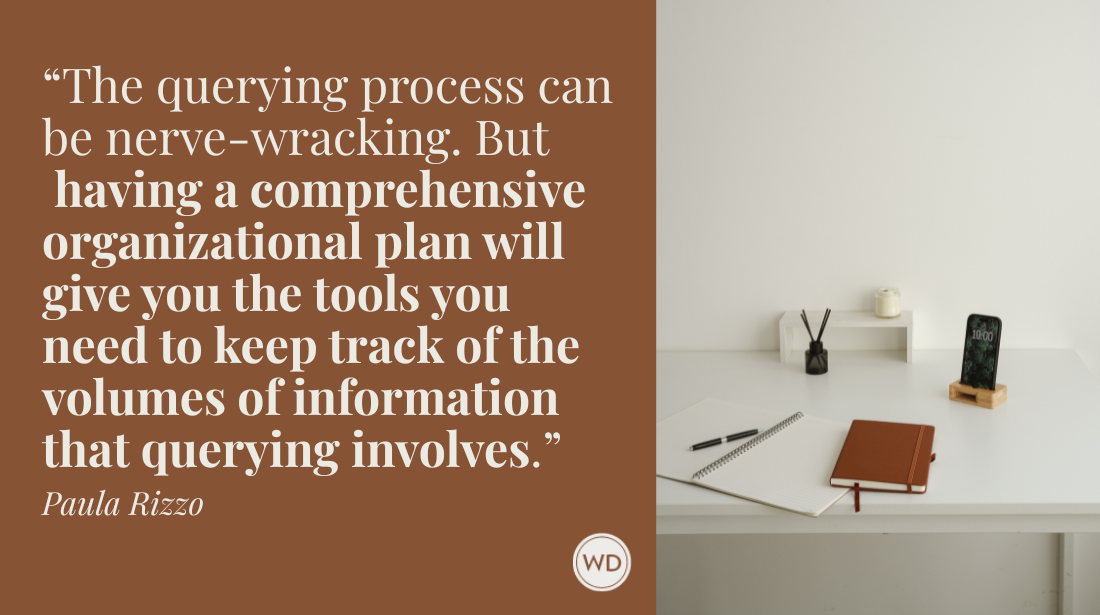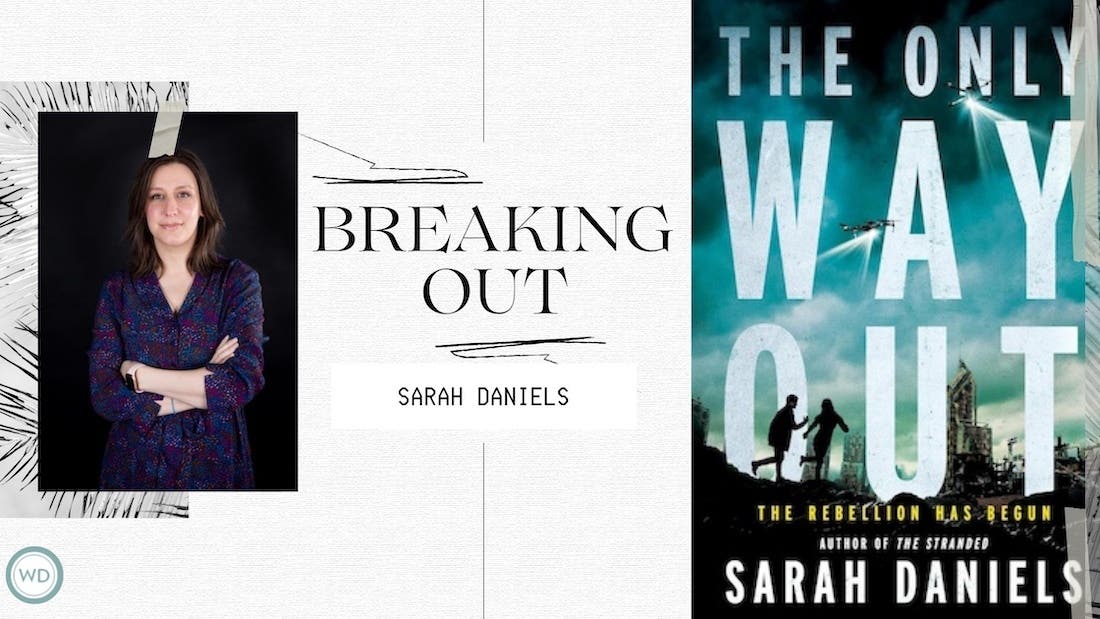5 Reasons Pitches Can Be Detrimental Rather Than Helpful
I’ve read and listened to hundreds if not thousands of pitches during my decade in book publishing. And while I think it’s important for writers to get out there and…
I've read and listened to hundreds if not thousands of pitches during my decade in book publishing. And while I think it's important for writers to get out there and interact with and understand professionals in the business, I also think pitching can be a very difficult and unrewarding process for some writers.
Consider:
- You may have little experience or practice in pitching, and walk into the pitches unbelievably nervous and anxious. All of that anxious energy usually detracts from the quality of the pitch. (So many writers fill the first few minutes with apologies for being nervous—not sure what to do, or what to say.) While it's a skill I wish more writers would practice (the art of persuasion or the art of selling), most writers expect their heart and passion to carry them. Sometimes it works, sometimes not.
- You may consider the pitch a make-it-or-break-it moment—like awaiting the official verdict on whether your idea is worthy of further review and publication. The reality is that in-person pitches have about the same success rate as a cold query (less than 1% in my experience).
- Because you are so focused on this mythic opportunity (and hearing that "yes" or "no" verdict), you might miss out on the greater benefit of the pitch experience—getting instant feedback on your project, or having a meaningful conversation about the market for your work. Such information can dramatically reduce future frustration and shorten your path to publication. Sometimes just 5 minutes of very insightful professional advice can change your perspective, approach, or slant. Plus flexibility and openness to change in today's publishing environment is important to long-term career growth and success.
- That said, most pitch sessions don't offer enough time to have a solid conversation about your best path forward (next steps). At least 75% of the writers I meet with have a fuzzy or misdirected goal or path, and no clear idea of how to make progress. Fifteen minutes (or less!) isn't enough time to have a coaching session, plus most writers are so focused on the pitch they aren't in the right mindset to receive redirection. (Not to mention that such redirection can be a huge blow to a writer because it equates to rejection.)
- Most writers don't experience the pitch process as part of the business of being a writer. Most writers I meet experience the pitch as a highly intense, emotional, and personal process. Unfortunately, whenever engaging in a business conversation (which is what a pitch is), it's important to have some distance and perspective. That's why I always love meeting potential authors who have a business or marketing background, because they know that getting an idea shot down isn't personal, and they're more likely to be receptive to a conversation about marketability of a project and alternative routes to success.
Bottom line: Sometimes it's more valuable and important to know if you're headed in the right direction, rather than to succeed with a pitch.
But this mindset is tough to adopt. "Education" and "course correction" is not the dream. The dream is "get an agent" or "get published."
For all writers who walk away disappointed from a pitch, remember that success is rarely attained in those 5-15 minutes. Rather, it's all the years of work leading up to that moment, and how the years of work and experience (and your passion, your confidence), give you the smell of success.
Agents/editors can tell when someone is on the brink of success (though we might not know when someone is years away from success). But you'll rarely see a publishing professional be that direct or blunt in a pitch session. That's because writers approach the pitch with so much of their personal life on the line that agents/editors (as human beings too) don't want to be the one to poke holes in your soul. It's better to say, "Sure, we'll take a look" … and then reject in business-like fashion after it arrives in the mail. But we knew in our gut when we heard your pitch it would not be ready for the market.
Jane Friedman is a full-time entrepreneur (since 2014) and has 20 years of experience in the publishing industry. She is the co-founder of The Hot Sheet, the essential publishing industry newsletter for authors, and is the former publisher of Writer’s Digest. In addition to being a columnist with Publishers Weekly and a professor with The Great Courses, Jane maintains an award-winning blog for writers at JaneFriedman.com. Jane’s newest book is The Business of Being a Writer (University of Chicago Press, 2018).








